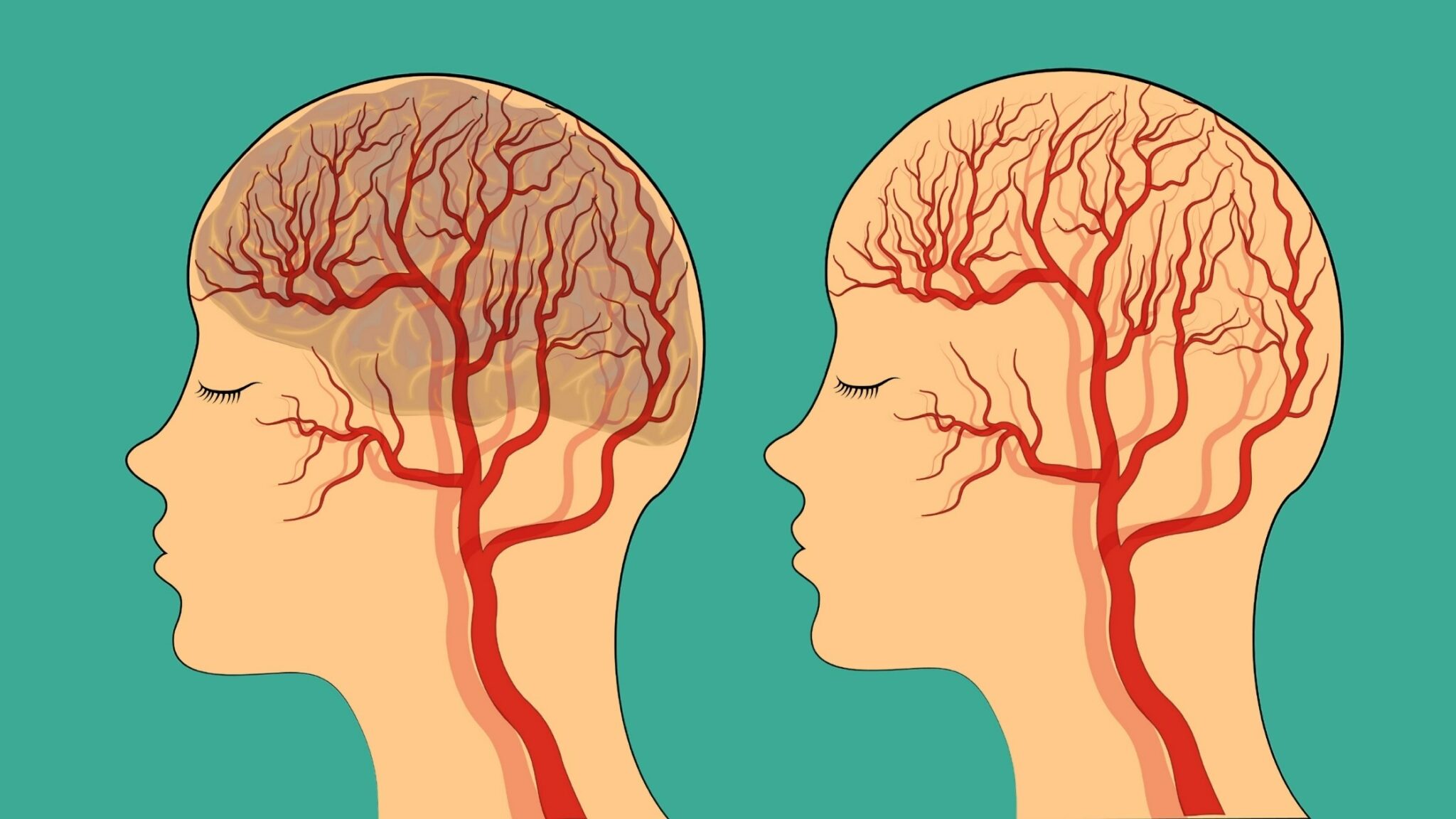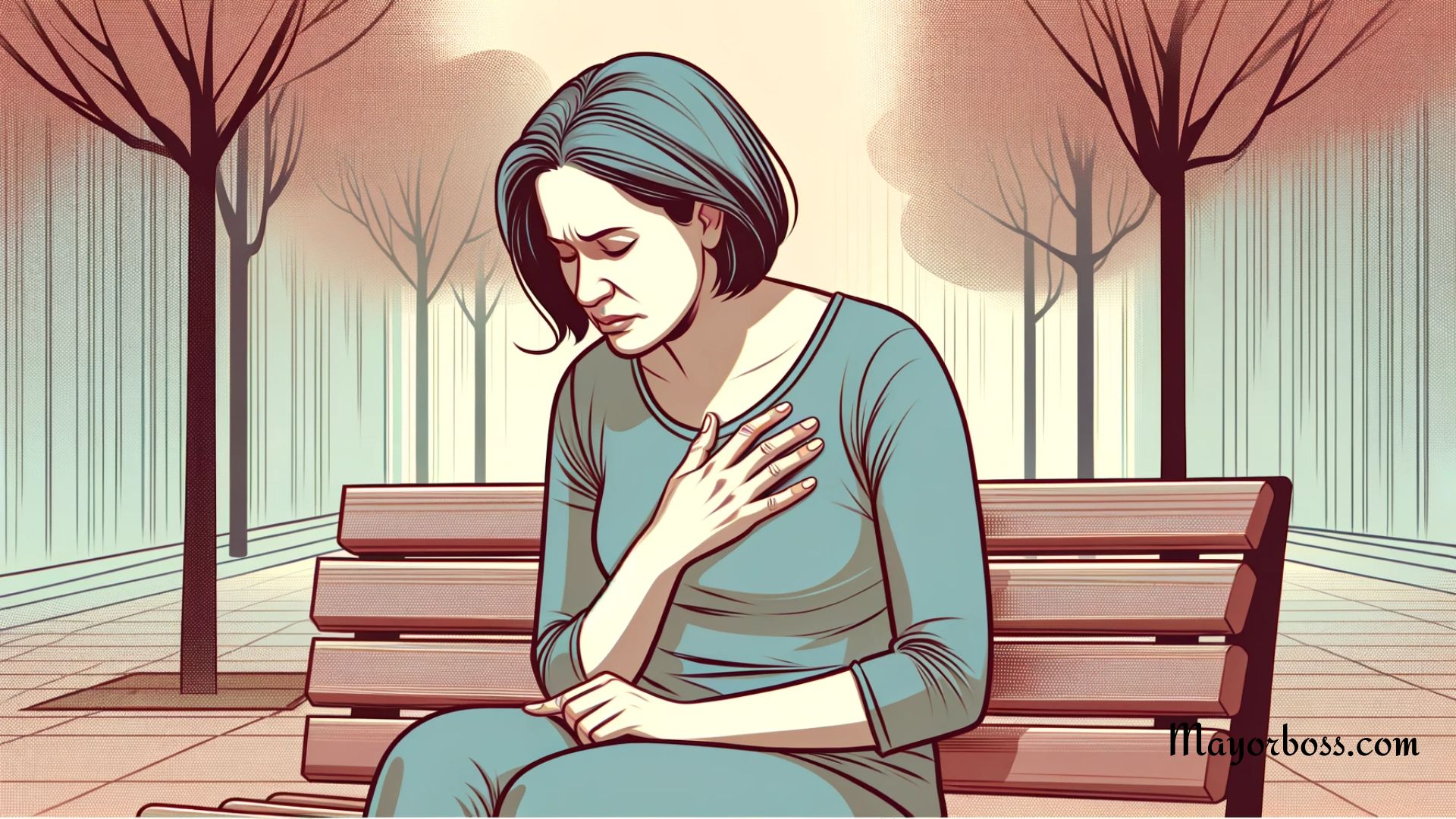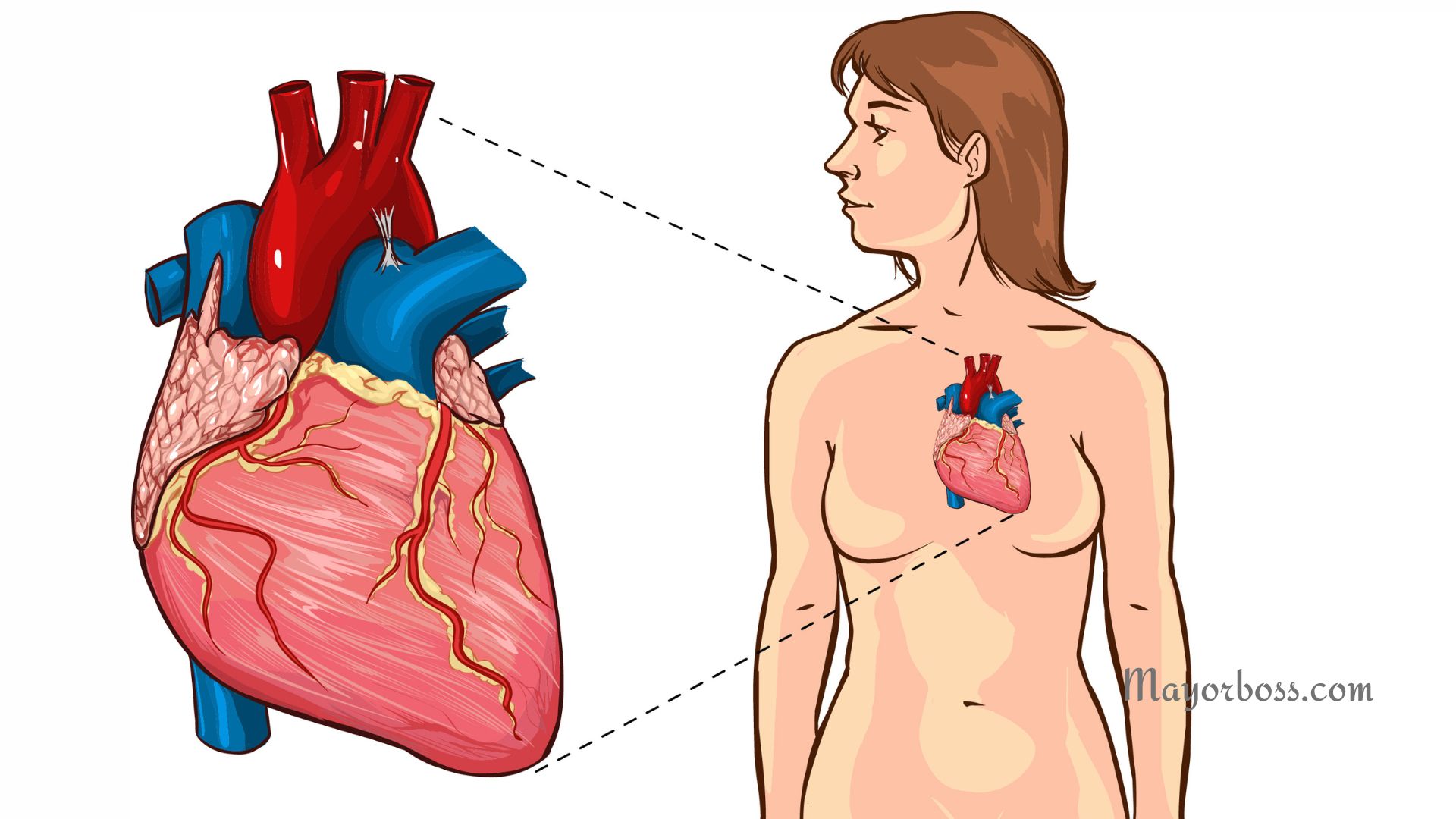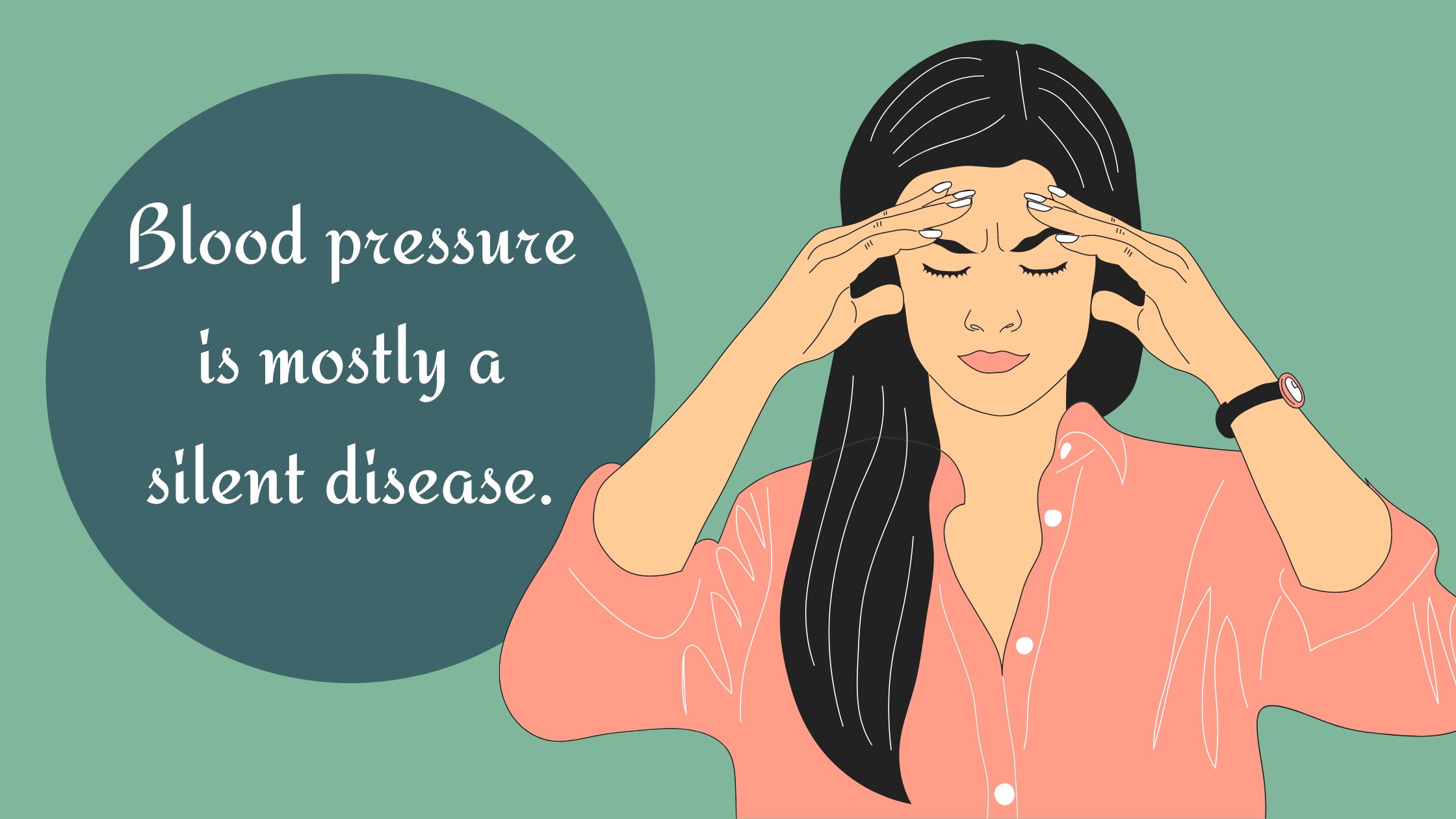Symptoms Of Mini Stroke
A mini-stroke, medically known as a transient ischemic attack (TIA), happens when blood flow to a part of the brain is temporarily blocked. Unlike a full-blown stroke, the blockage in a mini-stroke typically lasts only a few minutes to a couple of hours, and symptoms often resolve on their own within 24 hours. However, a TIA is a serious warning sign that you may be at risk for a full stroke in the future. Recognizing the symptoms of a mini-stroke is crucial, as it gives you a chance to seek immediate medical help and potentially prevent a major stroke.

Sudden Numbness or Weakness in the Face, Arm, or Leg
One of the most common symptoms of a mini-stroke is the sudden numbness or weakness on one side of your body, typically affecting the face, arm, or leg. It might feel like your muscles have suddenly gone weak or stopped working, making it difficult to lift an arm or leg. Often, the weakness or numbness occurs on one side of your body, which is a classic sign of a TIA.
Difficulty Speaking or Understanding Speech
If you suddenly find it hard to speak clearly, slur your words, or have trouble understanding others, this could indicate a mini-stroke. This symptom, known as aphasia, happens when the part of the brain that controls language is affected. You might feel confused, struggle to find the right words or have difficulty following a conversation. Even if this symptom resolves quickly, it’s crucial to seek medical attention right away.
Sudden Vision Changes in One or Both Eyes
A mini-stroke can cause vision problems such as sudden blurred vision, double vision, or temporary blindness in one or both eyes. You might feel like a curtain has come down over your eyes, or you might experience flashing lights or dark spots. If you notice any sudden changes in your vision, even if they seem to improve within a few minutes, this could be a sign of a TIA.
Dizziness, Loss of Balance, or Coordination Problems
Feeling dizzy, lightheaded, or losing your sense of balance or coordination can be a symptom of a mini-stroke. You may feel like the room is spinning, have difficulty walking, or stumble for no apparent reason. This symptom occurs when the part of your brain that controls balance and coordination is affected by reduced blood flow.
Sudden Severe Headache Without a Known Cause
Although mini-strokes are often painless, some people experience a sudden, severe headache that comes on quickly without a known cause. This headache might feel different from any headache you’ve had before and can be accompanied by other symptoms such as nausea or dizziness. If you suddenly experience a headache that feels intense or unusual, especially if it’s combined with other symptoms, take it seriously.
Numbness or Tingling Sensation
Experiencing a numbness or tingling sensation on one side of your body, particularly in your face, arm, or leg, could be a sign of a TIA. It might feel like your skin is “falling asleep,” or you might notice a pins-and-needles feeling. This sensation can come on suddenly and disappear within minutes, but it’s important not to ignore it.
Difficulty Swallowing (Dysphagia)
Trouble swallowing, medically known as dysphagia, can be a symptom of a mini-stroke. You might find it hard to swallow food or liquids, or you could feel like something is stuck in your throat. This can be dangerous because it increases the risk of choking or inhaling food into the lungs.
Brief Loss of Consciousness or Fainting
In some cases, a mini-stroke can cause a brief loss of consciousness or fainting. You might feel lightheaded or like you’re about to pass out, and in rare instances, you may actually lose consciousness. This symptom can be alarming, but it’s important to remember that it’s temporary.
Confusion or Memory Problems
Sudden confusion, memory problems, or difficulty concentrating can indicate a TIA. You might feel disoriented, struggle to remember simple things, or have trouble focusing on tasks that would normally be easy. This happens because the brain isn’t getting enough blood flow, affecting your ability to think clearly.
Loss of Bladder or Bowel Control
Although less common, some people may experience a loss of bladder or bowel control during a mini-stroke. This happens when the part of the brain that controls these functions is affected, and it’s usually a temporary symptom that resolves on its own.
When to Seek Medical Help
Even though the symptoms of a mini-stroke may resolve quickly, it’s essential to seek medical help immediately. A TIA is a serious warning sign that you’re at risk of a future stroke, and quick intervention can make all the difference.
Use the FAST Method to Identify a Mini-Stroke:
- F – Face Drooping: Is one side of the face drooping or numb? Ask the person to smile to see if their smile is uneven.
- A – Arm Weakness: Is one arm weak or numb? Ask the person to raise both arms and see if one drifts downward.
- S – Speech Difficulty: Is the speech slurred or hard to understand? Ask the person to repeat a simple sentence to check for clarity.
- T – Time to Call Emergency Services: If you observe any of these symptoms, even if they go away, call emergency services immediately.
What Causes a Mini-Stroke?
A mini-stroke occurs when a blood clot briefly blocks a blood vessel in the brain, therefore cutting off blood flow. This blockage can be caused by several factors, including:
- High blood pressure: The biggest risk factor for TIA and stroke.
- High cholesterol: Can lead to plaque buildup in arteries, increasing the risk of blood clots.
- Smoking: Damages blood vessels and heightens the likelihood of clots forming.
- Diabetes: Can damage blood vessels and contribute to clot formation.
- Atrial fibrillation (irregular heartbeat): Can cause blood clots to form in the heart, which can travel to the brain.
How Is a Mini-Stroke Treated?
If you’ve experienced a mini-stroke, your doctor may recommend several treatments to reduce your risk of a full-blown stroke in the future:
- Medications: Blood thinners (anticoagulants), antiplatelet drugs (like aspirin), and medications to control blood pressure, cholesterol, or diabetes.
- Lifestyle changes: Quitting smoking, eating a heart-healthy diet, exercising regularly, and managing stress.
- Surgical procedures: In some cases, procedures like carotid endarterectomy (removal of plaque from the carotid artery) or angioplasty (widening of narrowed arteries) may be recommended.
Conclusion
A mini-stroke is your body’s warning signal that a more severe stroke could be on the horizon. Recognizing the symptoms—such as sudden weakness, difficulty speaking, vision changes, dizziness, or severe headaches—can help you act fast and get the medical attention you need. If you suspect that you or someone else is having a mini-stroke, call emergency services immediately. Remember, even if symptoms go away quickly, seeking help can make all the difference in preventing a future stroke.






